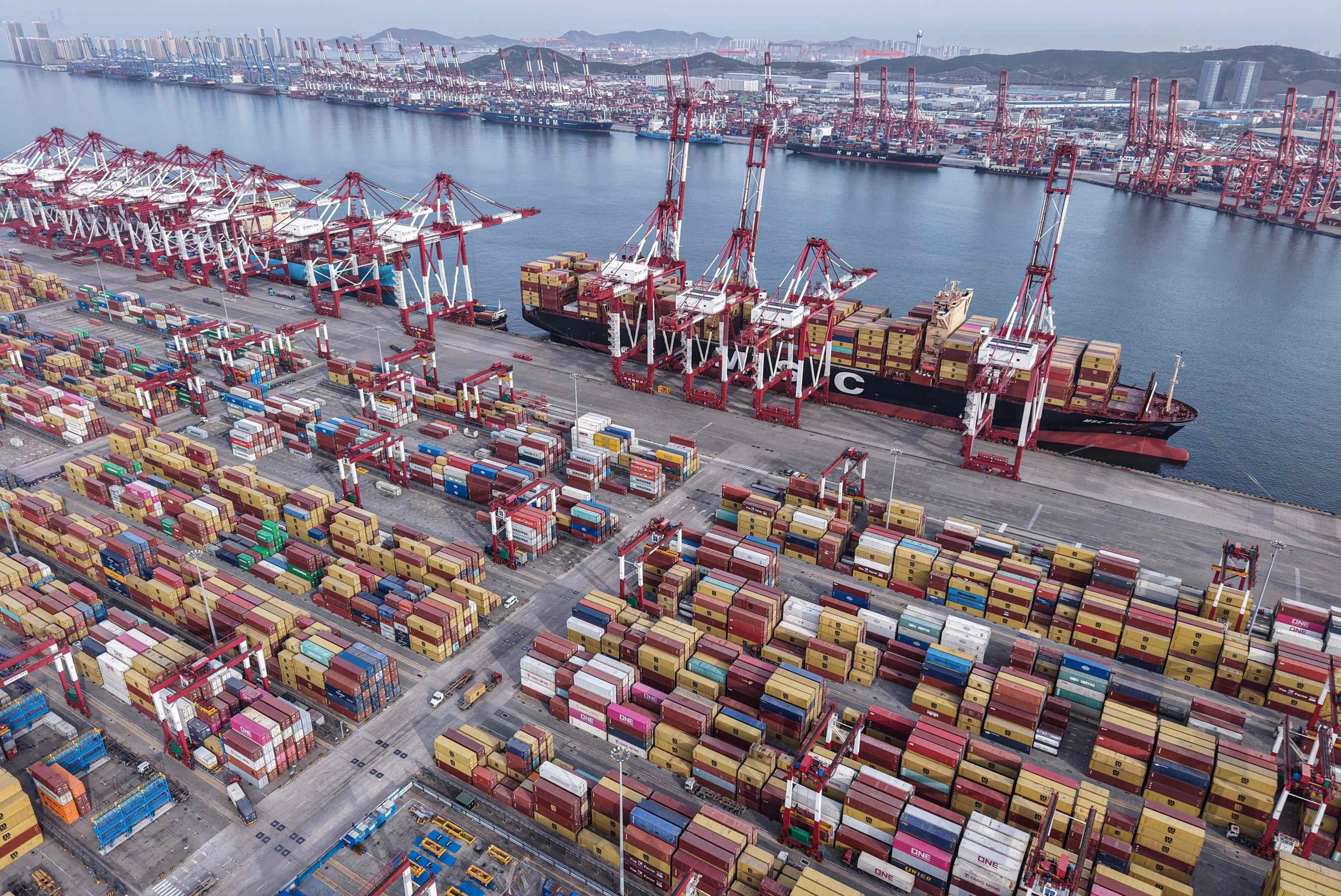Trade tensions could threaten global financial stability, lower economic growth: ECB
Increased uncertainty has potential to redirect trade flows, reconfigure value chains, deter investment and dampen economic growth, ECB report says.
The European Central Bank (ECB) said that global trade conflicts could threaten the stability of the financial system and slow the economic growth.
“Following a decade of robust economic growth, trade openness, measured by the global trade-to-GDP ratio, has largely stagnated since 2008, reflecting, among other things, growing skepticism towards globalization,” an ECB report said.
“In addition, adverse geopolitical developments unrelated to trade policy itself may aggravate trade-related tensions, altering the volume of global trade as well as the relative shares of imports and exports between trading partners,” it said.
The report stated that trade tensions could pose a threat to financial stability and that uncertainties regarding trade policy could slow down the economy and negatively affect banks’ financing, assets, profitability and loans.
“The recent escalation of trade frictions between major economies – especially between the United States and its trading partners – has fueled trade policy uncertainty and emerged as a critical concern for businesses and policymakers alike,” it said.
The increased uncertainty has the potential to redirect trade flows, reconfigure value chains, deter investment and dampen economic growth, the report said.
“While sound capital and liquidity buffers are the first line of defense to absorb shocks stemming from trade disruptions, financial institutions should conduct regular assessments to identify and evaluate the specific risks associated with trade tensions,” it added.
According to the ECB report, which emphasized that banks should conduct regular analyses to identify and assess these specific risks, adverse geopolitical developments unrelated to trade policy itself could increase trade-related tensions, altering global trade volumes and the relative shares of imports and exports between trading partners.





